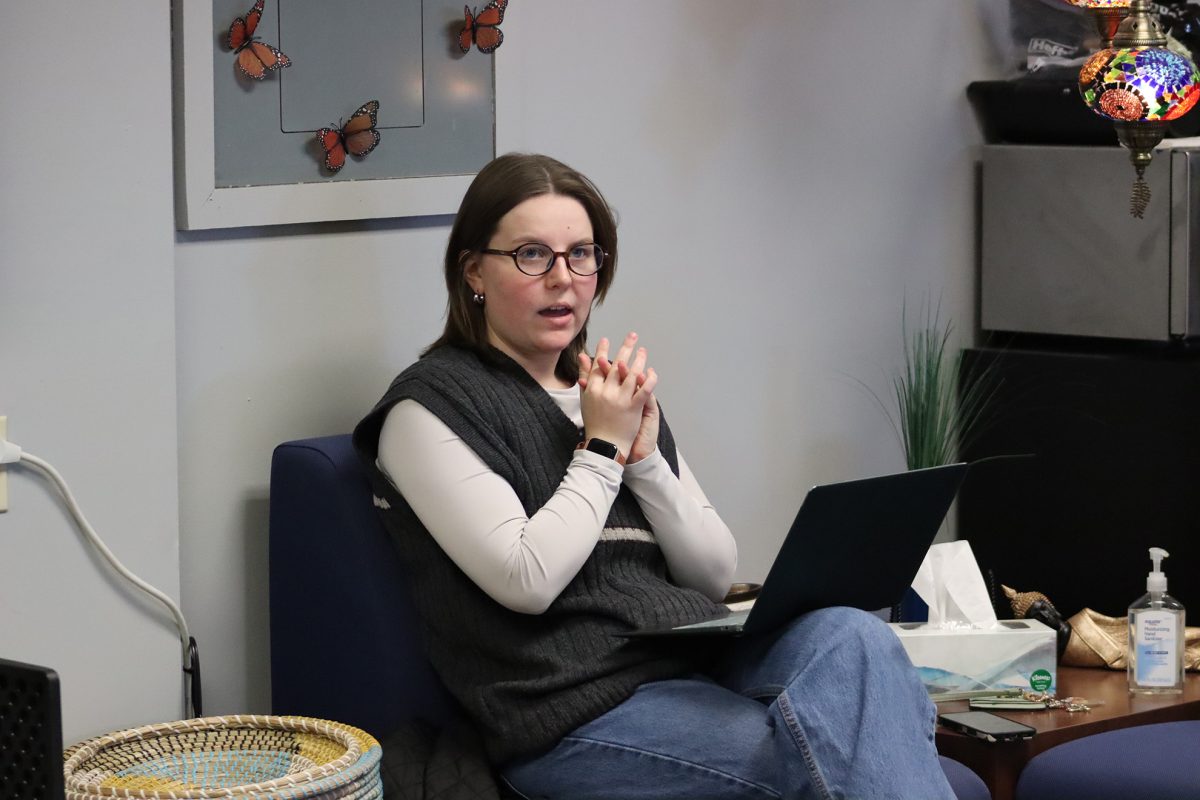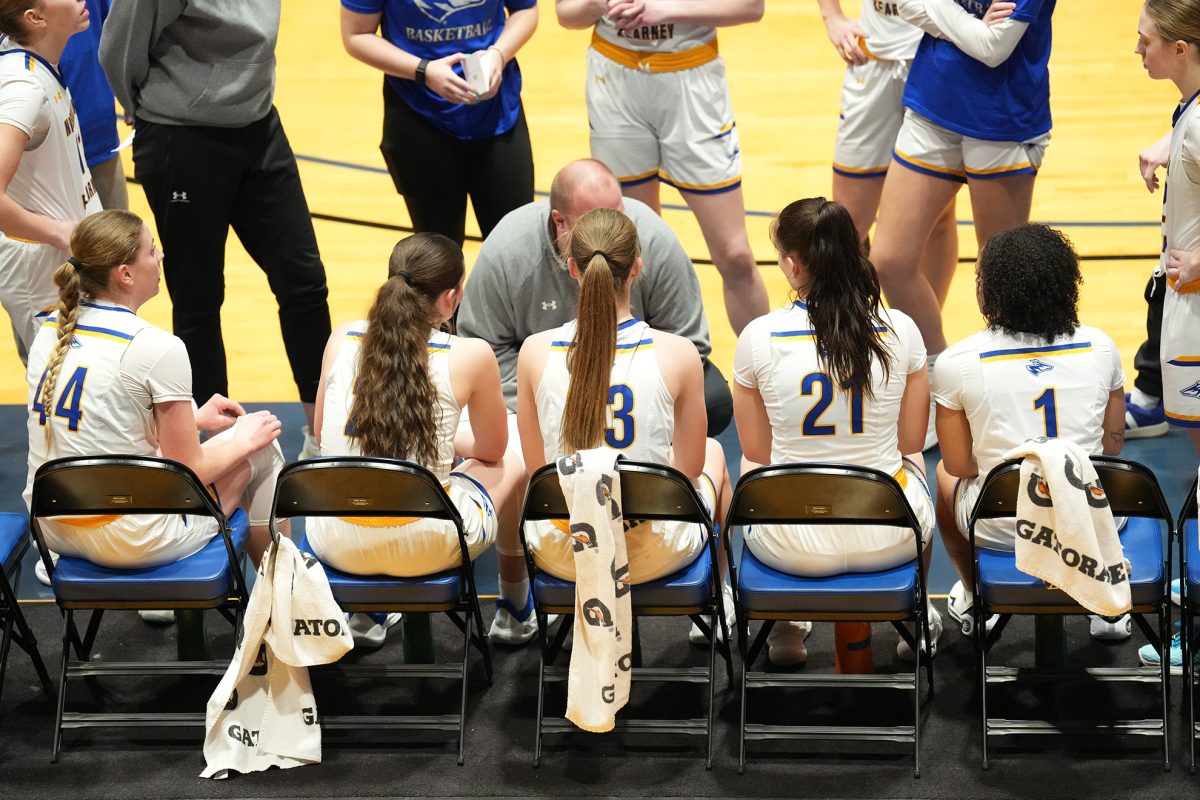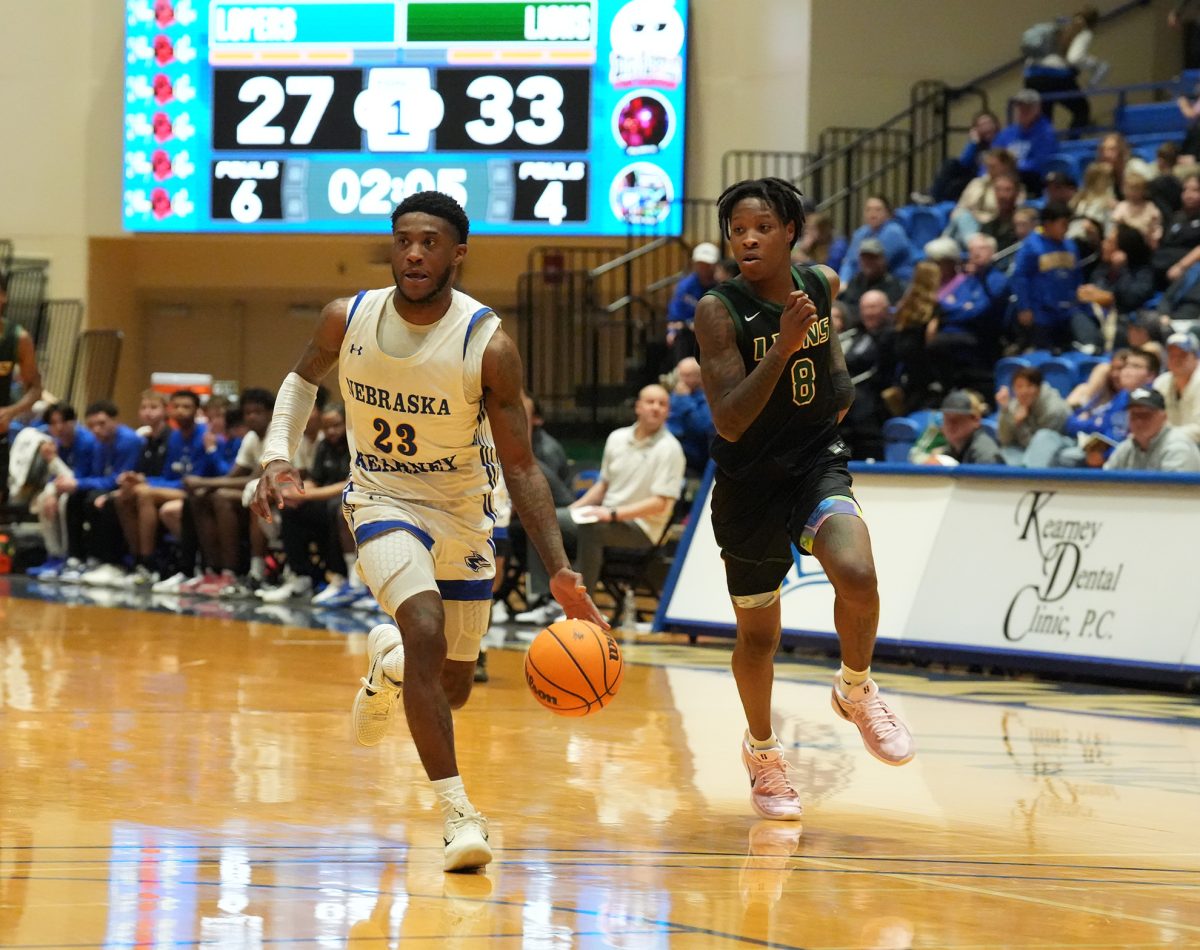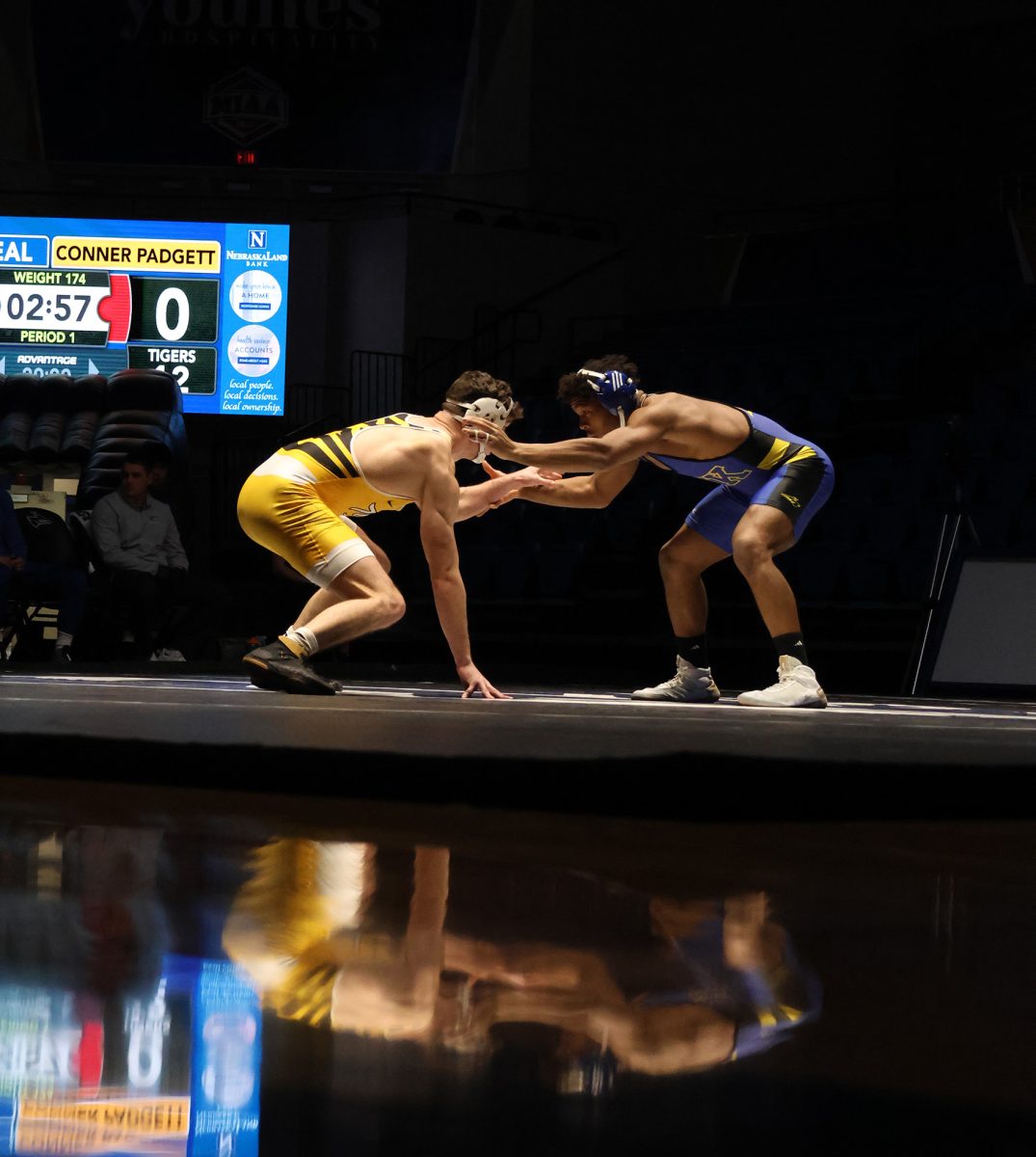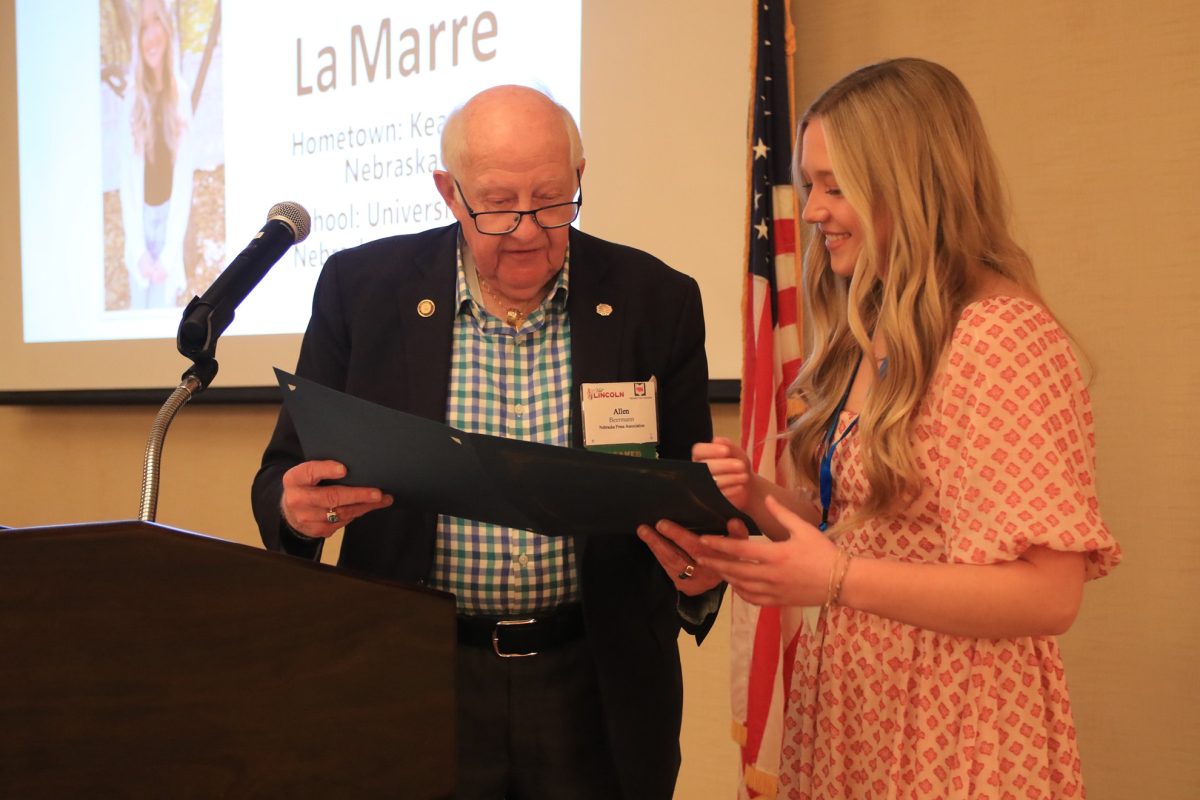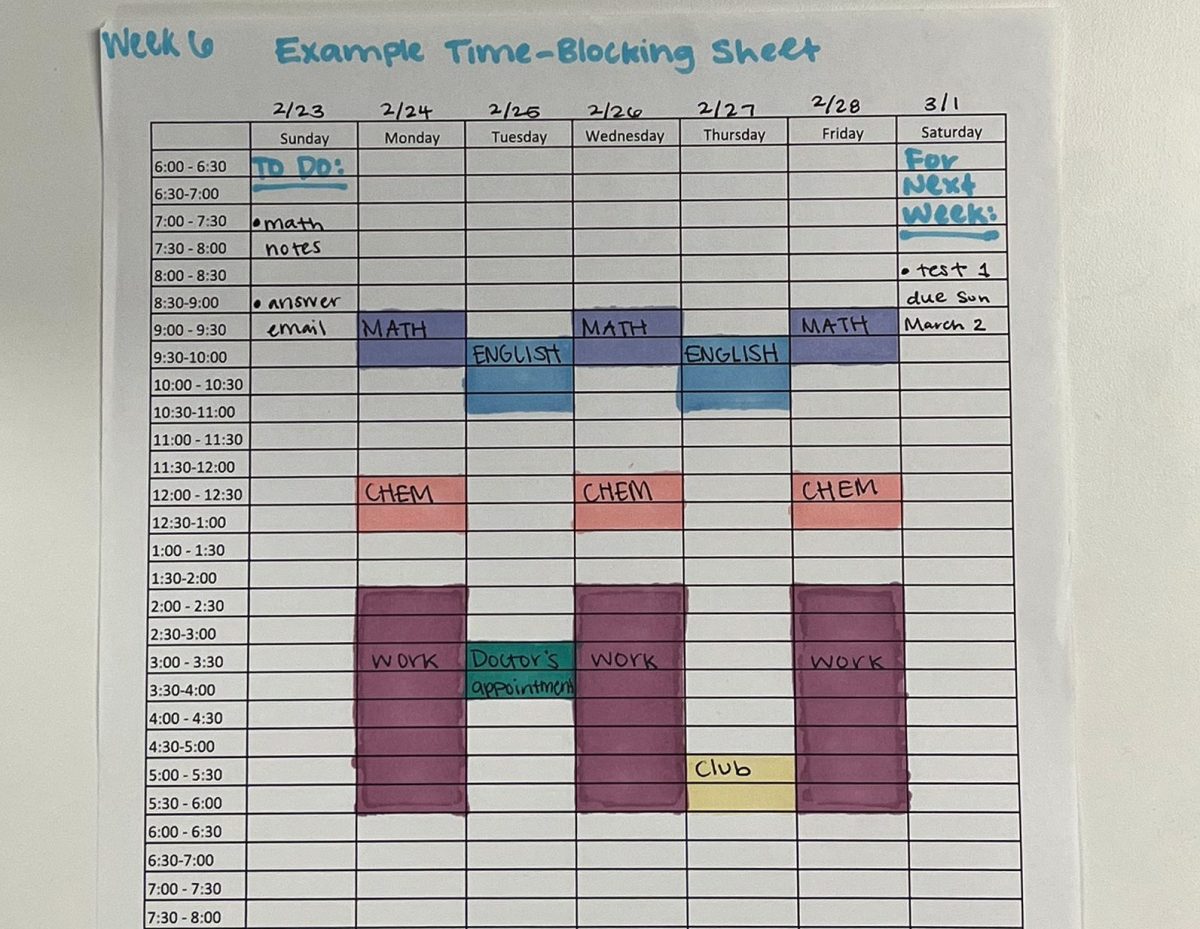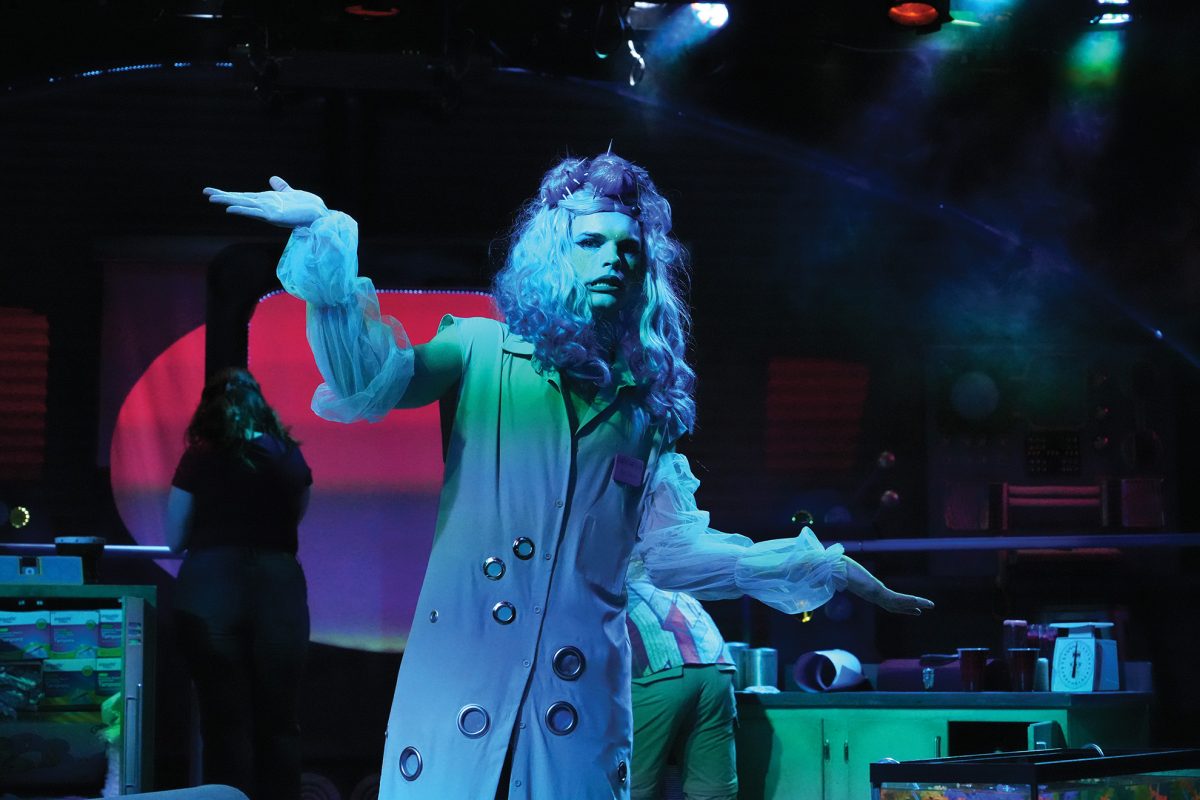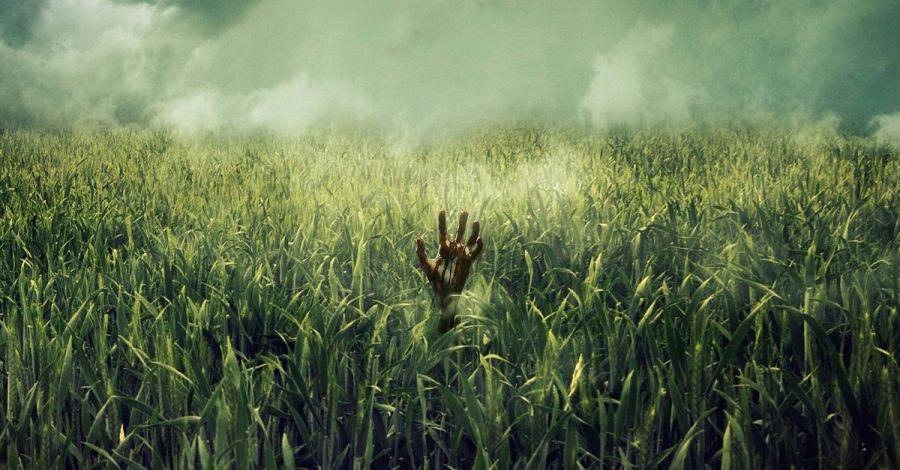BRAYDON CONELL
conellbt@lopers.unk.edu
When I was tasked with writing a movie review for Halloween, I was not sure what to write. Do people want to hear about a quintessential Halloween film or something new and out of the box?
While “Scooby-Doo and the Headless Horseman of Halloween” is a great pick for a short film to watch on an October morning, and is something I still have on a VHS tape in my house, it just was not cutting it for me. So instead, I went with “In the Tall Grass”.
I know it may not be everyone’s first choice for a Halloween flick, but as a psychological thriller intermixed with horror, it was an exciting change from the standard slasher films typically associated with Halloween.
This Netflix Original puts jump scares aside and haunts the audience with a deeper insatiable desire for control. Originally written as a novella by Stephen King and his son Joe Hill, “In the Tall Grass” was just recently released on Netflix at the beginning of October under the direction of Vincenzo Natali.
I have not read the original novella so I cannot comment on the film’s accuracy to the source material. Viewed for the first time without a deeper understanding of the message, the film may seem like a jumbled mess of time travel and despair, but life is filled with second chances. When Becky and Cal see their end, they get another chance to change it. The grass forced the characters to think of the cycle of life, not as life and death, but as living and coming back again.
Horror has long used nature as a source of conflict or danger. “In the Tall Grass” follows this tradition as the enemy is, well, a field of tall grass. The grass represents the “garden of forking paths”. While clearly a nod to a 1941 short story by an Argentine poet that uses it as a metaphor for a labyrinth, I drew my own conclusion.
In life, every decision you make puts you on a new path. But, like those in “In the Tall Grass” (spoilers removed), you can make every right decision and still wind up stuck in the same place in the end. Focus on making good decisions – don’t take the film as a metaphor for doing whatever you want – but live life in the moment. Decision-making and a focus on being good bogs people down and pulls them into difficult situations like with Becky hearing a cry for help. Live life as you want to live it and do not let the pressures of society change your direction. When you are lost, follow your instinct and you are bound to find a way.



